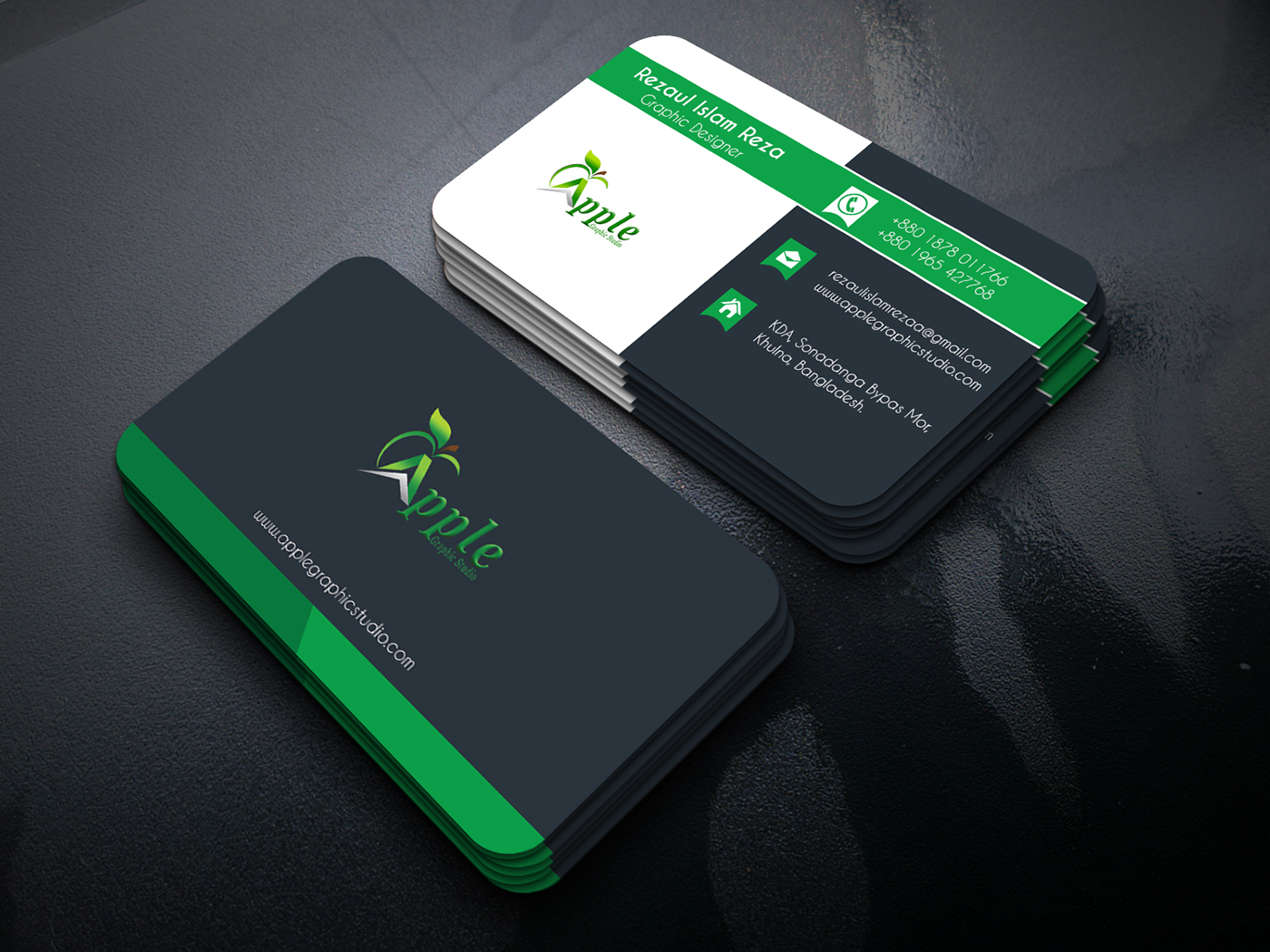Introduction to Business Cards
In today’s fast-paced and highly competitive business landscape, having a solid professional identity is more crucial than ever. Business cards serve as a powerful tool in this regard, acting as a tangible representation of your brand and a means to make lasting connections. A well-designed business card not only conveys essential contact information but also communicates your brand’s personality, values, and professionalism. Whether you are a seasoned entrepreneur, a freelancer, or just starting your career, understanding the importance of business cards is key to elevating your networking game.
Designing the Perfect Business Card
The design of your business card plays a pivotal role in how you are perceived by potential clients and partners. First, consider the essential elements: your name, job title, company name, phone number, email address, and website. While these are fundamental, the layout and visual appeal are what truly capture attention. Choose colors, fonts, and images that align with your brand identity. For instance, a creative professional might opt for bold colors and unique shapes, while someone in finance might prefer a more traditional and subdued palette. Additionally, incorporating elements like a logo or a QR code can enhance the functionality and aesthetic of your card. Remember, the goal is to create a card that is not only visually appealing but also memorable and easy to read.
The Importance of Quality Materials
The quality of the materials used for your business card significantly impacts its effectiveness. A high-quality card demonstrates professionalism and attention to detail, making a positive impression on those who receive it. Consider using thicker cardstock to convey durability and sophistication. Additionally, explore various finishes, such as matte, glossy, or textured, to enhance the tactile experience. Special features like embossing, foil stamping, or die-cutting can further elevate your card’s appeal and set it apart from the competition. Investing in quality materials is a worthwhile endeavor, as it reflects your brand’s commitment to excellence and can influence how your contacts perceive your business.
Effective Networking Strategies
While having a well-designed business card is essential, knowing when and how to use it is equally important. Networking events, conferences, and trade shows are prime opportunities to distribute your cards. However, effective networking goes beyond simply handing out cards. Engage in meaningful conversations, listen actively, and establish genuine connections with people. When you feel a rapport with someone, share your business card along with a brief explanation of your services. It’s also wise to personalize your approach; rather than using a generic pitch, tailor your conversation to the individual’s interests or needs. Following up with contacts after the event by sending a personalized email that references your interaction can strengthen your relationship and increase the likelihood of future collaborations.
Conclusion: The Lasting Impact of Business Cards
In conclusion, business cards remain an essential tool for professionals looking to make an impression in today’s digital world. A well-crafted card that reflects your brand identity can facilitate networking opportunities and help you stand out in a sea of competitors. By focusing on design, quality materials, and effective networking strategies, you can leverage business cards to enhance your professional presence and foster valuable connections. Remember, every interaction is an opportunity, and a business card can serve as a bridge to future collaborations, referrals, and success. Embrace the power of this small yet mighty tool and watch as it helps you cultivate a robust professional network.Digital Business Cards

